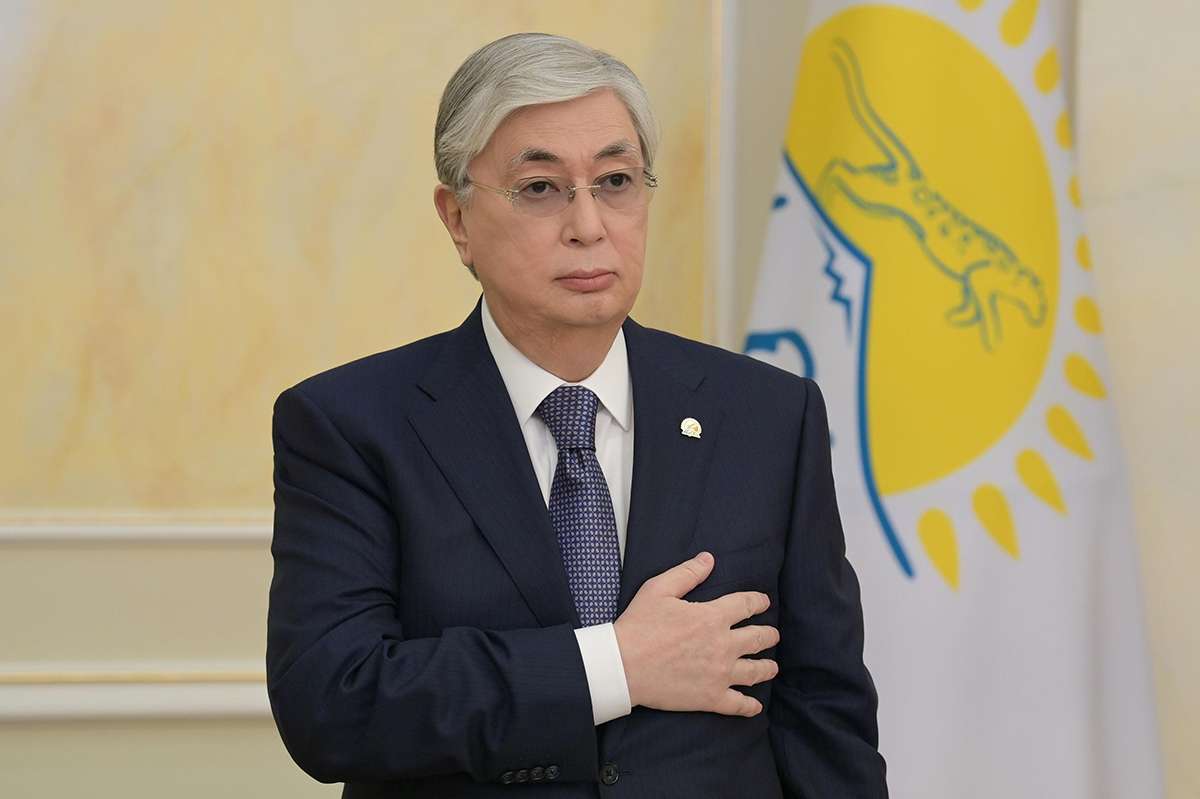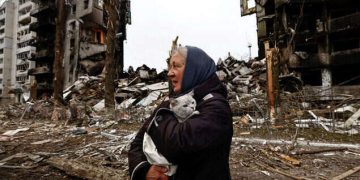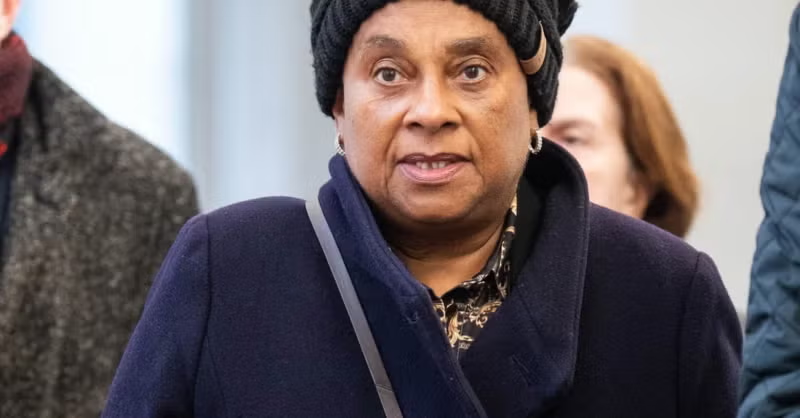
The press office of the President of Kazakhstan, Kassym-Jomart Tokayev, published a statement on its official Twitter channel and other platforms outlining the position of President Tokayev on the recent cases of burning of the Quran, the sacred text of Islam, in several European countries.
“President Tokayev considers the acts of burning the Quran in a number of Northern European countries as unacceptable provocation that might fuel tension in the modern world and undermine trust between peoples and states,” the statement reads.
“Kazakhstan is the initiator of the Congress of Leaders of World and Traditional Religions. This forum has become a platform for effective and constructive dialogue between prominent representatives of traditional religions and confessions,” the statement adds.
Kazakhstan has been hosting the triennial Congress of Leaders of World and Traditional Religions. Established in 2003 in direct response to the rise in religious tensions and extremism following the 9/11 terrorist attack in the United States, the Congress has strengthened interfaith dialogue by bringing together religious leaders. It has enabled meaningful dialogue on ways to combine efforts to promote better understanding between representatives of different cultures and religious communities. Over the past two decades, the Congress became a platform for inter-civilizational dialogue at the global level.
The statement further states that “the Head of State believes that the increasing incidents of religious vandalism and irresponsible behaviour of citizens of the respective states should be subjected to unanimous condemnation as actions that are contrary to the universally accepted norms of peaceful coexistence of states and religions.”
The statement also emphasized that the United Nations General Assembly should also speak out on this issue.
The statement by President Tokayev follows recent incidents of burning of the Quran in Denmark and Sweden. Swedish and Danish officials have condemned the desecration of the Quran but allowed such actions to go forward under the countries’ freedom of expression and right to protest laws.





























